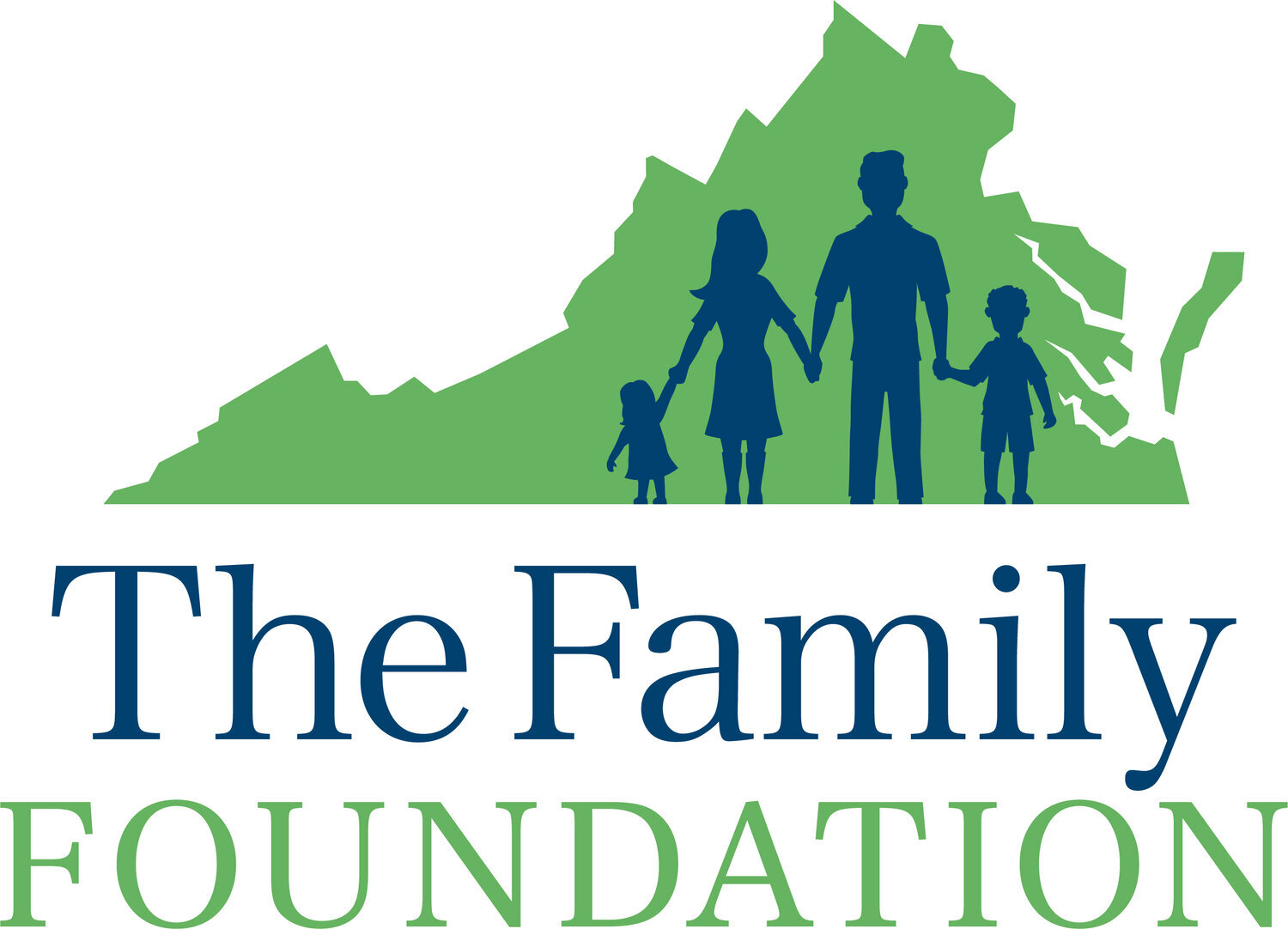Gambling Away Virginia’s Future
Yesterday the Joint Legislative Audit and Review Commission (JLARC) released its highly anticipated study on Gaming in the Commonwealth before a packed room consisting mostly of gambling interest groups and their many lobbyists. The influence of money, greed and power was palpable in that room more so than on any other issue.
When the 2019 General Assembly passed SB 1126, the massive gambling omnibus bill, it required JLARC to first conduct a study of casino gaming that focused narrowly on laws in other states, regulatory and tax structures, and revenue projections. The study focused on the five economically distressed localities—Bristol, Danville, Norfolk, Portsmouth, and Richmond – that the bill allowed to have a casino, but JLARC also examined the impact that a potential casino in Northern Virginia.
JLARC concluded that casinos, sports betting and online casino gaming could generate nearly $370 million in new annual net revenue at a 27% tax rate (state and local combined), of which $262 million would come from brick and mortar casinos. This revenue projection depends significantly on the market demand for gaming and the types of customers that will visit casinos. According to JLARC, at least 75% of all revenue generated from Danville and Bristol casinos would come from out-of-state customers. So, what happens when out-of-state customers become uninterested with the Bristol and Danville casinos and start visiting casinos in neighboring states? The reality is that over the long run casinos will lose their luster with the occasional visitor who will find other entertainment venues, leaving the casinos to rely solely on the misfortune of the local population, and ultimately to go back to the legislature for a bailout.
According to JLARC, while each casino would bring a fair number of jobs, most of the jobs would be low-wage, with even the median salaries falling notably below (by at least $2,314) the average median income for those already struggling areas.
Notably absent from the study was any worthwhile consideration of the impact of expanded gaming on existing local businesses and restaurants, or its contribution to increases in criminal activity, sex trafficking, and substance abuse in those regions. While they gave a passing acknowledgement that problem gambling would increase, which would affect finances, mental health and relationships, according to JLARC all of that could be mitigated with increased funding for prevention programs and a voluntary self-exclusion list.
Not all of the legislators were completely mesmerized by the study’s findings. Delegate Charniele L. Herring (D - Alexandria) asked if it was wise to be considering gambling expansion now when the General Assembly just approved historical horse racing (i.e. slot machines by another name) less than two years ago. Current House Speaker Kirk Cox (R-Colonial Heights) expressed his concern that brick and mortar casinos would become obsolete with advancements in technology or fail to meet revenue projections, and then come and ask the legislature for a bailout just as the horse racing industry did.
Now the General Assembly will have some time to digest this study before the start of the 2020 Session, in which it must pass the bill again for it to become law. Meanwhile, we will be doing everything we can to sound the alarm about the endless negative financial and social consequences casino gambling will guarantee for countless Virginians.

